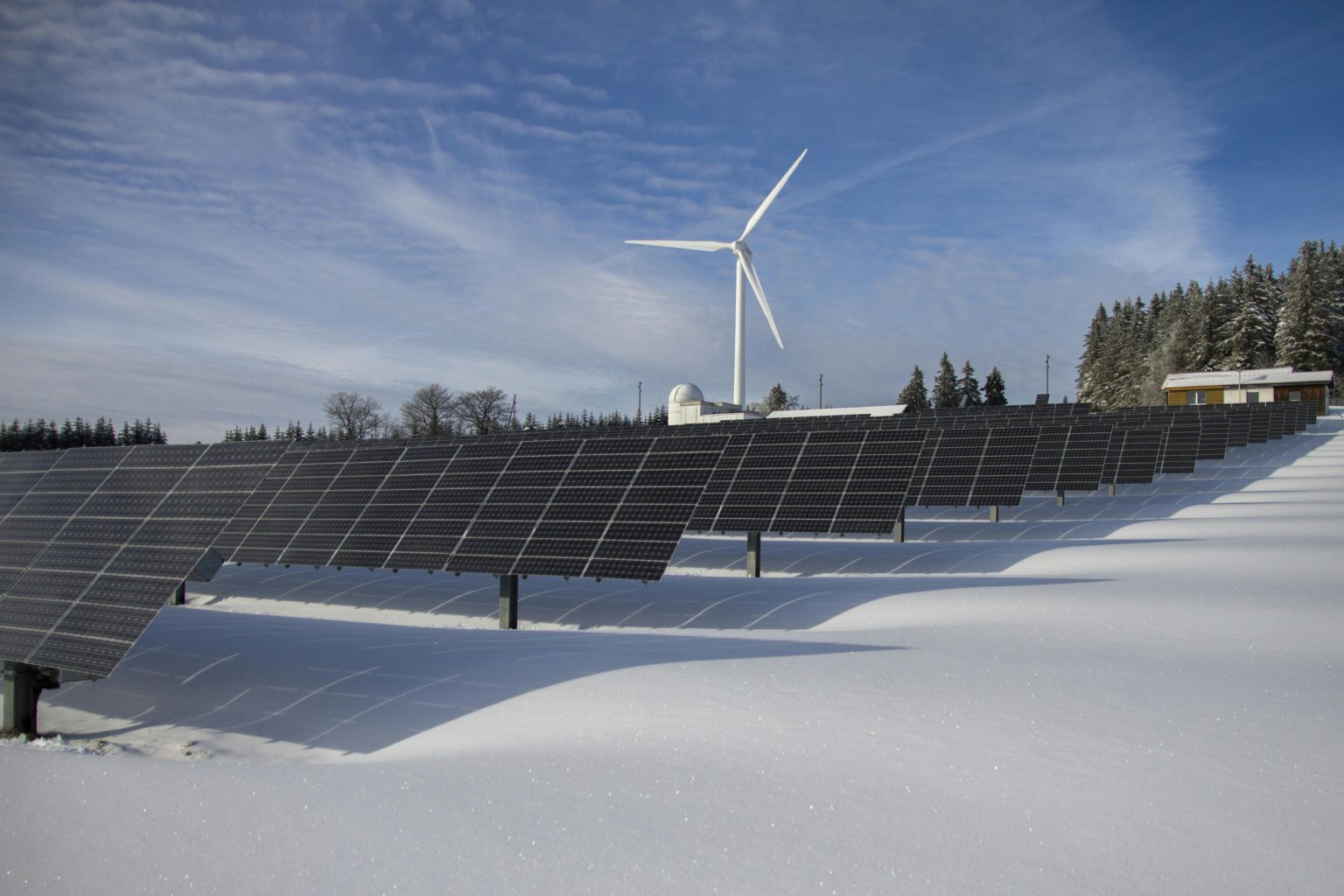A Sustainable Future Starts with Small Businesses
In the push toward net zero, small businesses in the UK are playing a growing role in building a sustainable economy. While large corporations may get most of the media attention, SMEs make up 99% of the business population, and their contribution to the energy transition is vital.
Adopting renewable energy may seem ambitious for small enterprises, but it’s now more accessible, cost-effective, and rewarding than ever. And the benefits go far beyond the environment. From financial savings to increased energy independence and customer loyalty, going green is a strategic investment for the future.
Today, small business energy is more accessible than ever, with plans specifically designed to suit the needs of SMEs, offering affordable tariffs, flexible contracts, and clear guidance on adopting renewable solutions without added complexity.
What Is Renewable Energy and Why Does It Matter?
Renewable energy is generated from natural replenishment sources, like solar, wind, water, and organic biomass. These sources are cleaner and more sustainable than traditional fossil fuels, making them crucial for reducing carbon emissions.
In the UK, small businesses can adopt renewables through options such as:
- Solar panels installed on business premises
- Wind turbines, especially in rural areas
- Green energy tariffs from suppliers offering verified renewable power
- Heat pumps or biomass boilers to replace conventional heating systems
These solutions can be implemented on-site or via electricity providers from certified green sources.
The Business Case for Going Green
Long-Term Cost Control
Although there’s an initial investment in systems like solar panels, businesses quickly reap the financial benefits. Generating electricity protects you from volatile market prices and helps you lock in lower operational costs.
If your system generates surplus energy, it may be sold back to the grid, providing an extra income stream. Green energy tariffs still offer a cost-effective and predictable alternative for businesses unable to install equipment.
Energy Independence and Security
Reducing reliance on traditional energy providers empowers small businesses, especially those in remote or less connected areas. Your power source or reliable renewable supply makes you less vulnerable to price spikes or supply chain issues.
Energy brokers, such as Energy Solutions, offer fixed-term pricing and simple account management, helping businesses confidently plan.
Customer Expectations and Brand Credibility
Modern consumers actively support businesses that reflect their values. Sustainability ranks high on that list. Switching to renewable energy can improve your business image, increase brand loyalty, and attract new eco-conscious customers.
Even B2B clients increasingly prefer partnerships with companies that show climate commitment, which can give your business a competitive edge in tenders and procurement.
Future-Proofing Against Regulations
The UK’s commitment to a net-zero economy means future policies will continue to impact how businesses consume and manage energy. From carbon reporting to tax incentives, regulation is moving in one direction—toward sustainability.
By acting early, your business can stay ahead, access available grants, and benefit from energy schemes supporting greener operations.
Practical Renewable Options for Small Businesses
Every business has unique energy needs, but several proven strategies can ease the transition:
Green Energy Supply
Choosing a supplier that offers renewable-only tariffs is an easy first step. Today’s small business energy contracts often include price transparency, flexible terms, and access to certified green power without steep premiums.
On-Site Renewable Generation
Installing solar panels or small wind turbines allows businesses to generate their power. With solar costs decreasing and system efficiency improving, this option is ideal for businesses with high daytime usage, such as shops or offices.
Energy-Efficient Upgrades
Even without complete renewable conversion, reducing energy waste makes a difference. Upgrades like LED lighting, modern heating controls, and better insulation complement any green initiative and reduce overall usage.
Switch to Renewable Heating
Heat pumps and biomass boilers are effective, low-emission alternatives to traditional gas systems. These technologies can work alongside existing infrastructure and are especially useful in areas without a gas connection.
Overcoming Common Barriers
While the benefits are clear, some SMEs hesitate due to practical concerns. Here’s how to tackle them:
Initial Investment: Many small businesses worry about upfront costs. Fortunately, several support schemes and financing options exist to spread costs or cover part of the installation. Long-term savings often far outweigh initial spend.
Limited Space or Resources: Not all businesses have the space for on-site generation. In these cases, switching to a green energy supplier is still an impactful step.
Complexity and Know-How: Tailored small business energy services simplify the process. Providers now offer expert advice, digital tools, and personalised support to guide businesses through every step, from choosing the right tariff to implementing renewables.
Green Is Good for Business
Renewable energy isn’t just an environmental initiative—it’s a smart business strategy. For small businesses, the shift toward sustainability offers more than good press. It’s about lowering costs, future-proofing operations, and creating stronger relationships with customers and suppliers.
With energy plans specifically designed for small enterprises, it’s easier than ever to make the switch. From reliable green tariffs to practical advice and flexible contracts, small business energy providers now offer everything SMEs need to make a confident transition.
In a changing economy, renewable energy can be your business’s strongest ally—for growth, for savings, and for a better tomorrow.



